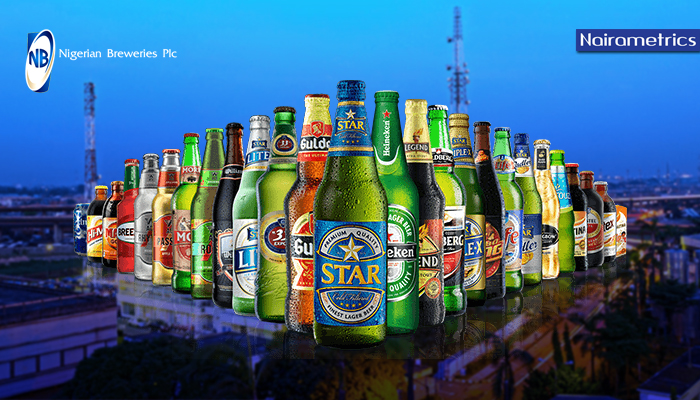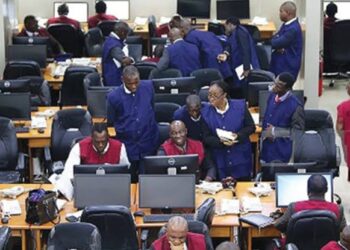Nigeria Breweries recently released its 2016 Half year results reporting a 17% decline in profits. The N25 billion pre-tax profits for the first half of 2016 is the lowest we have seen within the same period since 2013.
It’s pre-tax profits of N10.5 billion for the second quarter of 2016 is also the lowest we have seen within the same period since 2012. The second and fourth quarters respectively is traditionally their stronger quarters. The beer maker is going through a rough patch and at this rate investors need to be worried about lies ahead.
A cursory look at the results reveals one major problem. The company took a huge hit on its finance charges. The company reported a finance cost of N8.3 billion for the first 6 months of 2016 representing a 187% rise from the same period in 2015. Finance cost for the second quarter of 2016 was a whopping N5.4 billion the highest we have seen in any quarter since we started tracking in 2012. Here is what happened.
Nigeria breweries is a highly leveraged company with an external debt burden of about N24.7 billion on its books and another N91 billion owed to suppliers of goods and services. Despite these heavy debt burden, the company was able to use its economies of scale to attract interest rates of between 8% to 12% per annum for its external debt and zero interest rate on its suppliers. The company basically runs of OPP. But a far bigger cost it couldn’t control took its toll.
Finance Charges
In prior periods, finance charges cost the company between N5-N7 billion per annum except in 2012 when it incurred about N8.9 billion for the whole year. It has incurred about N8.3 billion in the first 6 months of 2016 alone.
To get an understanding of what is really going on, you’d have to look at the components of its finance charges. Nigeria Breweries includes interest cost on bank loans, interest rates on non bank debt liabilities and foreign exchange loss as part of finance charges. The latter is a major reason why they took this hit.
The company explains what happened in its earnings report in the following notes;
Note 6
INTEREST INCOME , INTEREST EXPENSES AND OTHER NET FINANCE EXPENSES
Net finance income and expenses for the six-month period ended 30th June 2016 amounted to N8.4billion (six-month period ended 30th June 2015: N2.9billion) mainly driven by exchange losses.
a. Finance income
Interest income for the six-month period ended 30th June 2016 amounted to N251 million (six- month period ended 30th June 2015: N519 million).
b. Finance expense
Interest expenses for the six-month period ended 30th June 2016 amounted to N1.6 billion (six-months ended 30th June 2015: N2.5 billion expenses).
Other net finance expenses for the six-months period ended 30th June 2016 amounted to N7.0 billion (six-months ended 30th June 2015: N0.9 billion expenses). The interest expenses on the net pension liability for the period ended 30th June 2016 amounted to N0.5 billion (six- month period ended 30th June 2015: N0.7 billlion).
Here is a summary of the component of finance charges
- Interest on loans = N1.7 billion
- Exchange Rate loss = N7billion
- Interest on Pension Liability = N700 million
How does this affect retail investors?
We believe the N7 billion was mostly as a result of the exchange loss incurred in the purchase of raw materials in the first half of 2016. Nigeria Breweries does not have significant foreign denominated loans so this risk has to be organic and could reoccur.
With the Naira fully floated in the second half of 2016, it is likely that raw materials cost for the second half of the year will significantly affects revenues yet again. If this happens then Nigeria Breweries may report about N31 billion in profits for the year. It’s tough to see them making more than N13 billion in profits for the second half of the year. This will represent an 18% drop year on year.
Buy sell or hold?
Nigeria Breweries has provided significant returns for a lot of investors in years gone by and still continue to do so. Its share price is currently N133 and trading at a 29x multiple to its 2015 earnings per share of N4.82. The stock’s lofty valuation is mostly due to its attraction to foreign investors. The stock is included in the MSCI Emerging Market Index which most foreign investors rely on to invest in Nigeria. Nevertheless, we feel it is overvalued as we do not expect investors to come back anytime soon.















